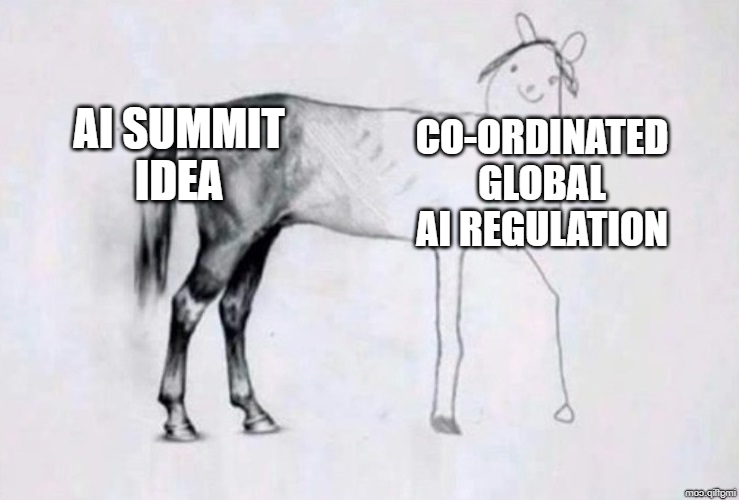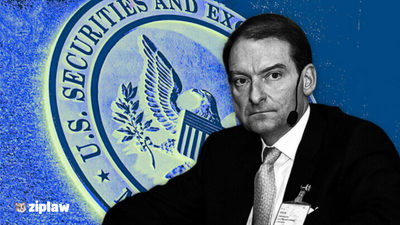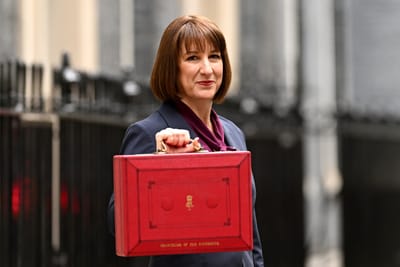AI Safety Summit: What was agreed?

Are you new here? Get free emails to your inbox.
Hi this is ZipLaw! This is our Roundup Newsletter where we run through all the top news stories of this past week and explain how they impact law firms.
Here’s what we’re serving today:
- AI Safety Summit: What was agreed?
- China's surprising economy
- Is Tesla in trouble?
- Time to Stop Shipping
- Plus: roundup of news and impact on law firms
AI Safety Summit: What was agreed?
In Short: At a landmark AI Summit, 28 countries unite under the Bletchley Declaration to steer AI development responsibly.
Here's all you need to know.
- 29 nations (including the US and China) signed the Bletchley Declaration on basic AI principles
- Leading AI companies (Open AI, Google, Microsoft) agreed to work with governments to test their new AI models, and
- South Korea and France agreed to keep it all going, hosting the next two AI summits over the coming year.
While this is a promising starting point, coming to a co-ordinate regulatory approach will probably be trickier than envisaged as countries try to dominate this key growth sector.

What did AI companies agree to?
Top AI companies are stepping up too. Tech giants like OpenAI and Google DeepMind, alongside others, are committing to a pre-release evaluation of AI technologies by various governments.
This isn't a legal tie-up but a moral pledge to test AI's safety in fields like national security.
The idea is to predict and prevent potential abuses of AI, including threats like bias, misinformation, and even the possibility of facilitating the creation of chemical weapons.
Future Frameworks
The summit has set the stage for ongoing dialogue, with more meetings in the pipeline and an annual report to keep a keen eye on AI’s evolution.
Think of it as a health check-up for AI, assessing everything from biases to the stark potential for misuse.
⚖️ How does this impact Law Firms?
Subscribe to continue reading






